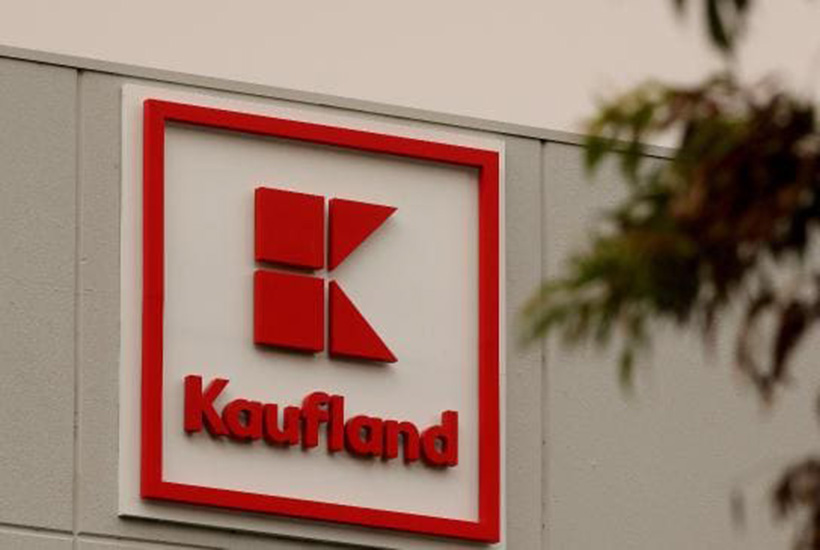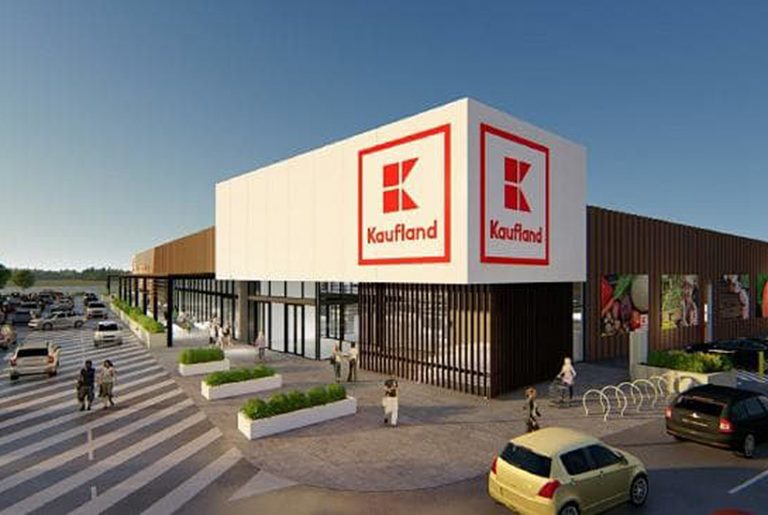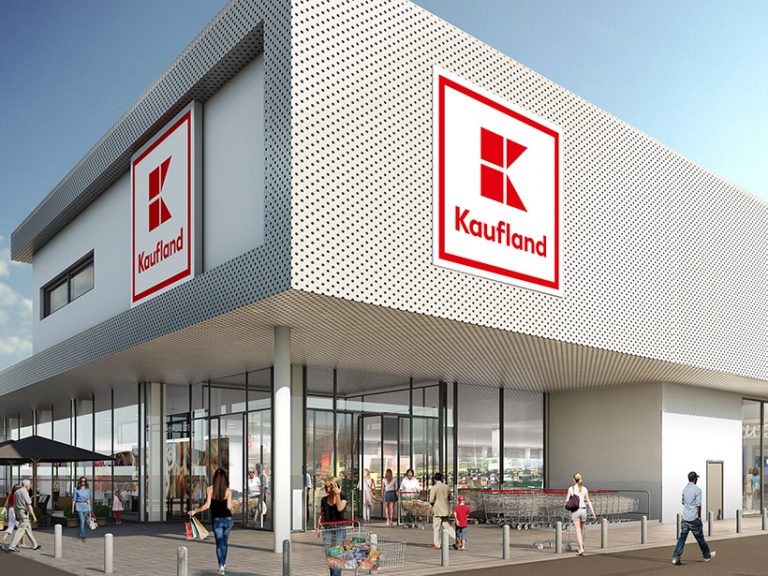Kaufland prepares to sell-off supermarket sites

German hypermarket chain Kaufland is looking to sell off a slab of its property empire as it hastens its exit from Australia, with the company asking real estate agencies for advice on disposing of nine key sites along the eastern seaboard.
The German retail giant assembled the sites as part of a plan to take on the local supermarket heavyweights Coles and Woolworths and to compete with rival German operator Aldi.
Kaufland, the world’s fourth-biggest retailer, shocked the market last month with the announcement that after investing nearly $500m in an Australian launch and hiring 200 staff, it would abandon the region without opening a single store.
Kaufland will instead focus on core operations in Europe, and its move prompted suggestions the shutdown could be a reflection of the tough consumer market and fears of a further slowing in the Australian economy.
The international retailer has built up an extensive portfolio and had more than 20 sites across the country. There were plans to commit to sites in Adelaide, Melbourne and across Queensland
Victoria was a focus, with stores approved in Melbourne’s Oakleigh South and Coolaroo, as well as others in Dandenong, Epping, Chirnside Park and Moorabbin Airport.
Kaufland also had plans for outlets as far afield as Brisbane, the Gold Coast, Newcastle, Toowoomba and regional Victoria, although work had started on only a handful sites.
Much of the focus on its $500 million-plus property portfolio has been on a Kaufland’s $255 million distribution centre at Mickleham in northern Melbourne, but its future is yet to be decided.
Kaufland said last year it would invest $459 million to build the distribution centre and a headquarters at Merrifield Business Park and open stores at Epping, Dandenong and Chirnside Park.
The facility was still being built but would be very attractive for rival supermarket chains or even an owner occupier, experts say.
But for now it is focused on getting advice on selling the nine initial sites that could garner hundreds of millions of dollars if sold in one line, as local supermarket giants are again looking to open new stores.
However, the portfolio could also be broken up among smaller developers who could turn them into multi-tenanted facilities.
Large format retail centres that sell bulky goods are producing strong results as they are not anchored by department stores and have minimal exposure to fashion chains. Listed trusts could also chase the portfolio if they can secure tenants for the sites and then develop them.
The final property play could be similar to Home Consortium’s deal with Woolworths in which it bought Masters’ 61 hardware stores and 21 development sites for $835m.
Kaufland was contacted for comment.
This article originally appeared on www.theaustralian.com.au/property.







